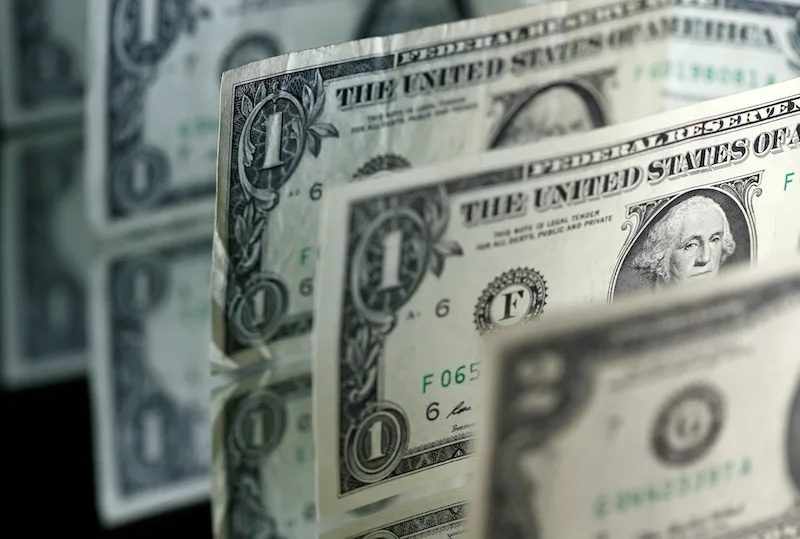Strong capital buffers will help Egypt banks withstand pound depreciation
- Date: 18-Jan-2023
- Source: Zawya
- Sector:Financial Markets
- Country:Egypt
Strong capital buffers will help Egypt banks withstand pound depreciation
Egyptian banks’ regulatory capital ratios can withstand further Egyptian pound depreciation as they are supported by healthy internal capital generation, a new report from Fitch Ratings said.
"Large private-sector banks are better-placed to withstand currency depreciation than the two largest public-sector banks, National Bank of Egypt (NBE) and Banque Misr (BM), due to their higher regulatory capital buffers."
The Egyptian pound has weakened 16% against the US dollar so far this year, and by about 40% since end-June 2022 as the country's central bank has been moving towards a more flexible rate under the terms set by an IMF financial support package.
Fitch said the currency may remain under pressure in 2023 given Egypt’s import backlog, estimated at 5.4 billion (16% of FX reserves), and large gross external funding needs, estimated at over 19 billion for 2023 (about 60% of FX reserves).
"It remains to be seen whether the Central Bank of Egypt will let the exchange rate and interest rates adjust sufficiently to attract new portfolio flows."
Some Egyptian banks keep moderate long open-currency positions, which can lead to pressure on capital ratios due to inflation of foreign-currency denominated risk-weighted assets (RWA). Foreign currency assets accounted for 37% of RWA on average at the




















